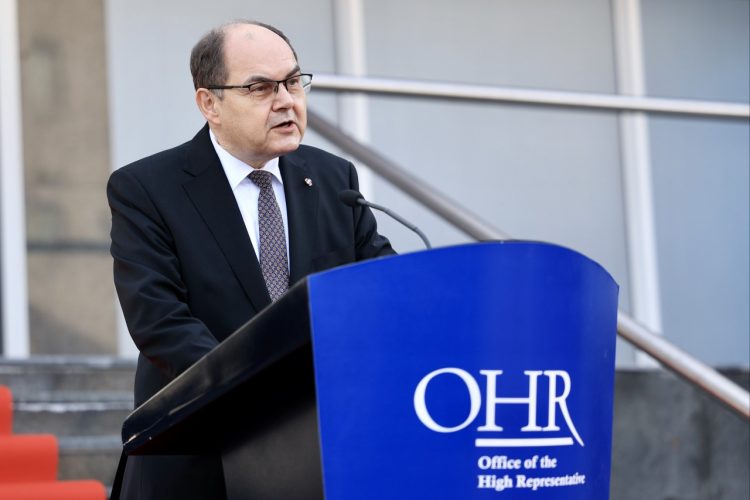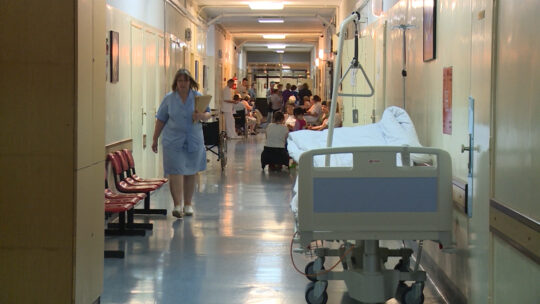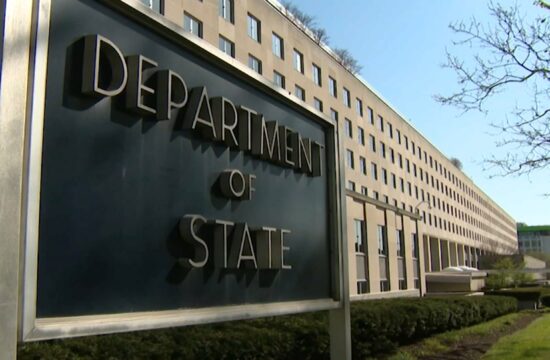
The election reform in Bosnia and Herzegovina is necessary but if it does not happen, elections must be held in line with the law in force, the international community's High Representative Christian Schmidt says in his latest report on the situation in the country, sent to the UN Security Council.
The report is submitted every six months, and the latest, the 61st is expected to be on the agenda of the Security Council on 11 May.
It is still not clear if Schmidt will address the Security Council after this was prevented in 2021 by Russia and China, which also prevented the confirmation of the German diplomat as the new High Representative in BiH.
Schmidt says in his latest report that BiH is faced with increased threats to its stability and integrity and warns of the policy pursued by the authorities of the Serb entity of Republika Srpska (RS), led by Milorad Dodik.
In the document, which was published by BiH media on Thursday, Schmidt says that the laws passed by the RS with the aim of transferring state-level powers to the entity level undermine peace and stability.
He stresses, however, that announcements of “territorial reorganisation” over lack of agreement on the election reform, coming from the Croat HDZ BiH party, are also unacceptable.
The announcements are an allusion to the spectre of a third entity and such rhetoric is destabilising and detrimental to relations between ethnic communities in BiH, Schmidt says.
In the document, which was finalised on 15 April, when there was still a chance that the election law would be amended, Schmidt says that it is a pity the issue has not been resolved yet because that would give the entire country a new reform impetus.
Now it is certain that the problem will not be possible to solve without pressure from the international community, the High Representative says, calling on participants in negotiations to give up maximalist demands.
Nevertheless, holding regular elections continues to be an obligation arising from the Dayton Agreement (which put an end to the war in the country in 1995) and is the minimum any country aspiring to join the EU must meet, he says.
Lack of agreement in no way brings into question the October 2022 general elections, which should be held in line with the same rules as in 2018, but lack of agreement on the election reform will pose more challenges to their implementation, Schmidt says.





Kakvo je tvoje mišljenje o ovome?
Budi prvi koji će ostaviti komentar!